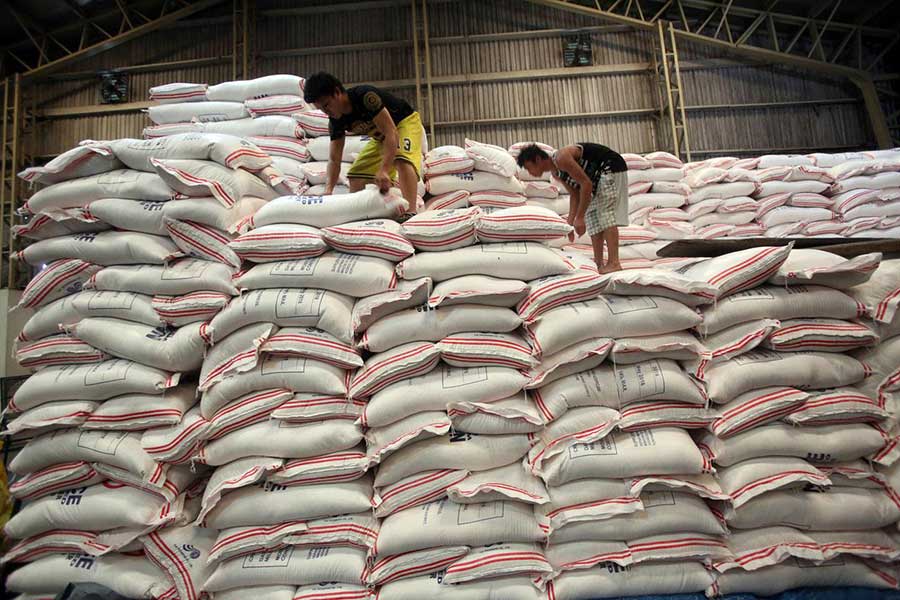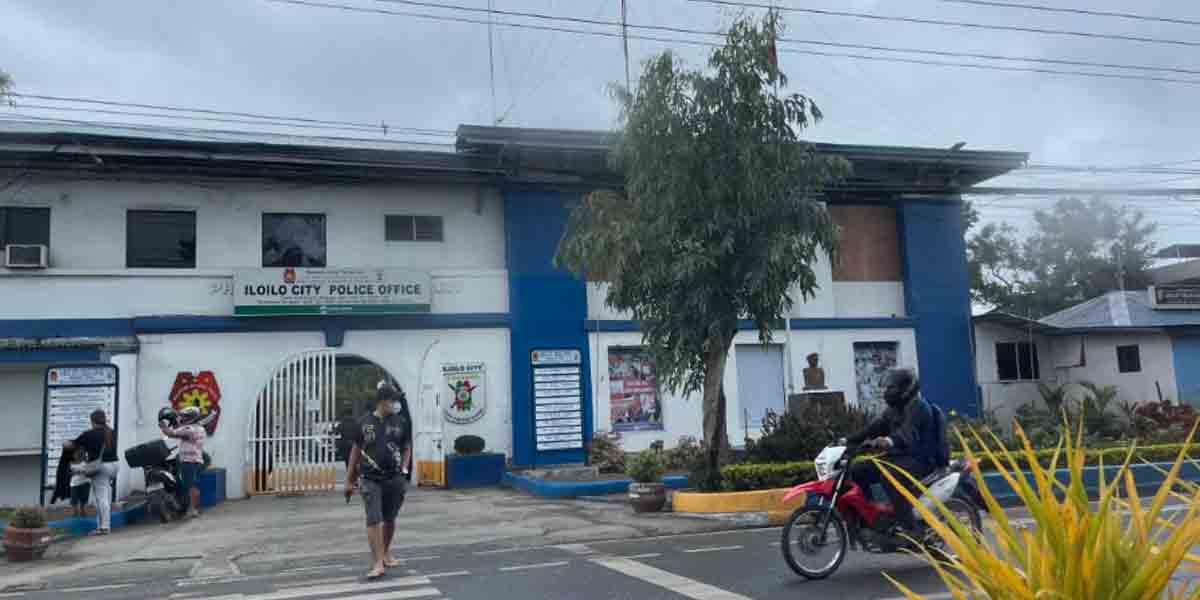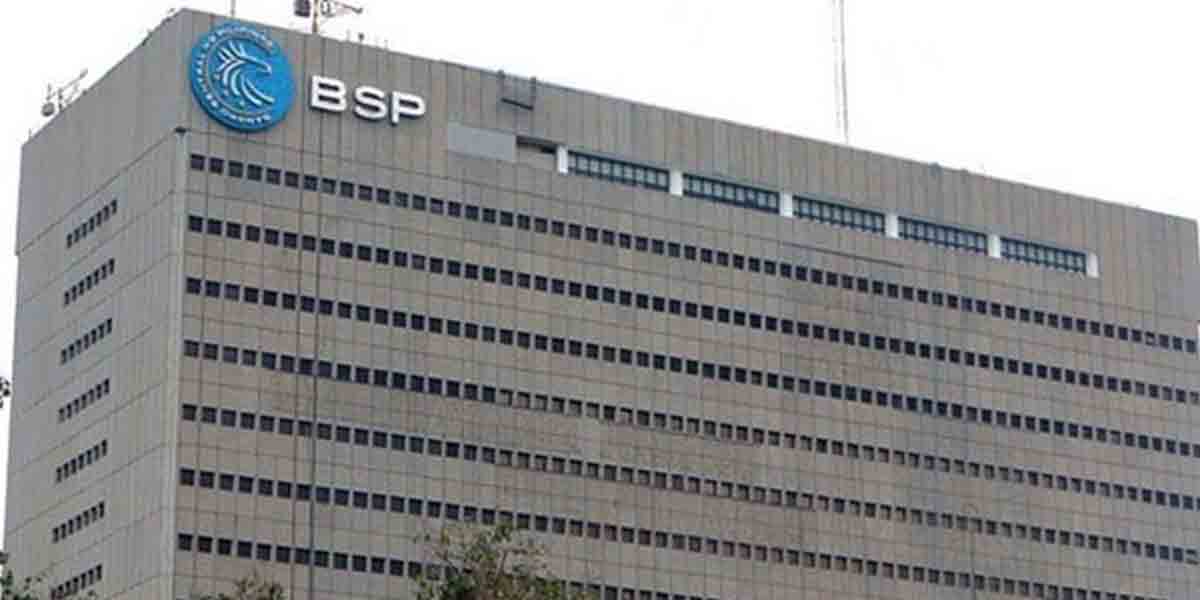
The Bureau of Customs (BOC) has collected a total of P7.35 billion in duties from rice imports from January 1 to May 13 of 2022, representing an increase of P1.15 billion or 18.6 percent from last year’s collections of P6.2 billion for the same period.
This amount is already 73 percent of the P10 billion fund earmarked yearly for the Rice Competitiveness Enhancement Fund (RCEF) to finance the modernization of the agriculture sector and raise the incomes of palay growers.
Customs Commissioner Rey Leonardo Guerrero said in his report to Finance Secretary Carlos Dominguez III during a recent DOF Executive Committee (Execom) meeting that the January 1 to May 13 collections came from 1.26 million metric (MT) tons of rice shipments entering the country.
Compared to last year’s 883,068 MT collected during the same period last year, the 1.26 million MT is 43.3 percent higher, Guerrero said.
Under Republic Act (RA) No. 11203 or the Rice Tariffication Law (RTL), tariffs collected from rice imports go to the RCEF. Collections in excess of the P10 billion fund go to the Rice Farmer Financial Assistance (RFFA). The law took effect on March 5, 2019.
Guerrero said the value of rice continued to drop, posting a decline of 17 percent from P20,126 per MT in the January 1 to May 13 period of last year to P16,710 per MT during the same period this year.
For pork imports, Guerrero said tax collections as of May 13 totaling P5.3 billion had already overtaken the estimated amount of foregone revenues as a result of the earlier presidential directives lowering the import tariffs on pork.
From April 9, 2021 since these presidential orders were implemented up to May 13 of this year, the collection of P5.3 billion came from a total volume of 330 million kilograms (kg) of pork imports, Guerrero said.
Out of this volume, 102 million kg were processed from January 1 to May 13 of this year.
From April 9, 2021 to May 13, 2022, Guerrero said the BOC estimates that it lost P5.1 billion in expected import duties from pork shipments during this period.
President Duterte had issued executive orders (EOs) that took effect starting April 7, 2021 to lower pork import tariffs and increase the allowable import volumes of the meat.
These directives were meant to check inflation by boosting the supply of pork and stabilizing its retail prices in the domestic market after the outbreak of the African Swine Fever (ASF) had hurt domestic hog production.
EO 128, which lowered pork import tariffs to 5 percent within its minimum access volume (MAV) and 15 percent outside MAV for the first three months, took effect from April 7 to May 14, 2021.
EO 134, which superseded EO 128 and took effect on May 17 last year, set tariffs on pork imports under the MAV to 10 percent for the first three months, and 15 percent in the next nine months.
For imports outside the MAV, the tariff rates were set at 20 percent for the first three months and 25 percent for the succeeding nine months.


















